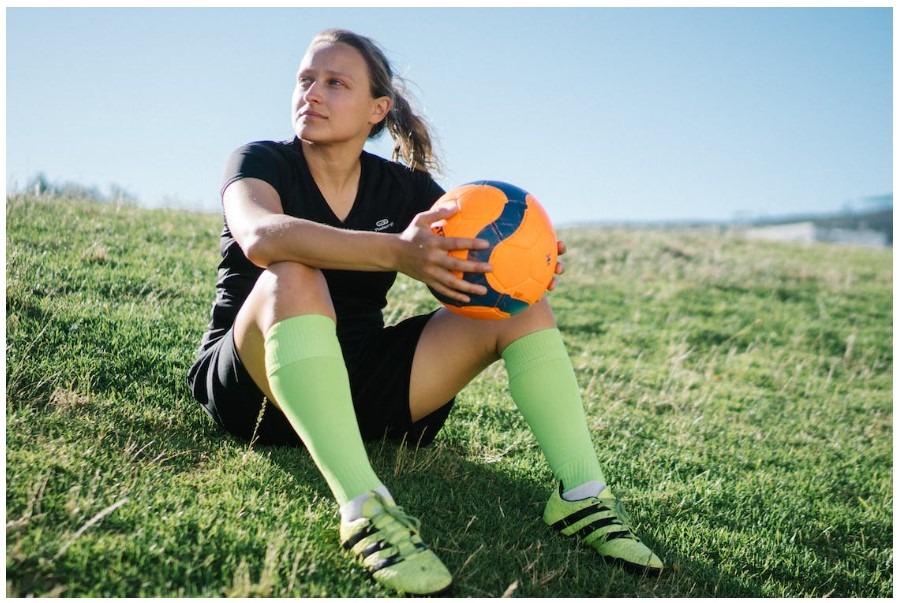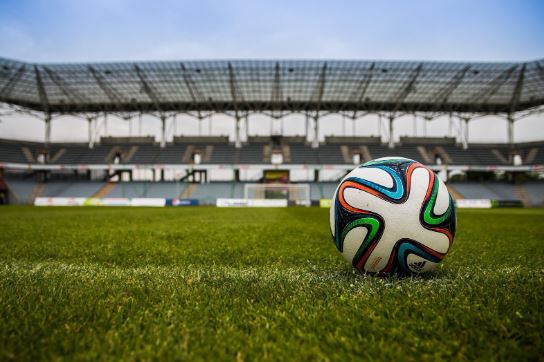Striking the Balance between Sports and College Assignments for Student-Athletes

Balancing the demands of sports and college assignments is a common challenge faced by student-athletes. As these individuals strive for excellence both on the field and in the classroom, finding the right equilibrium can be a daunting task. The juggling act of managing rigorous athletic schedules, training sessions, and competitions while keeping up with coursework and assignments can often leave student-athletes feeling overwhelmed. However, it is crucial to strike a balance that allows them to thrive in both realms. In this article, we will delve into the complexities of this delicate balance and explore strategies to help student-athletes navigate their academic responsibilities and athletic commitments successfully.
The life of a student-athlete is a unique blend of dedication, discipline, and passion. While the pursuit of athletic excellence fuels their ambitions, they also have the responsibility to fulfill their academic obligations. The challenge lies in finding the right harmony between their sporting commitments and the demands of their college assignments. It can be a constant juggling act, with deadlines, training sessions, and competitions vying for their attention. In times of academic stress, it's tempting to consider seeking external help, and that's where research paper writing services like Ukwritings come into play. These services offer fast and reliable assistance, allowing you to pay Ukwritings to do your assignment easily, giving you the opportunity to focus on your sports while ensuring your academic success. However, it's crucial to strike a healthy balance that allows student-athletes to actively engage in their studies and maintain their commitment to their chosen sport.
Throughout this article, we will explore practical strategies and insights to help student-athletes strike the delicate balance between their sports and college assignments. By implementing effective time management techniques, utilizing available support systems, and prioritizing their physical and mental well-being, student-athletes can thrive in both realms and find success academically and athletically. Let's embark on this journey together and discover how student-athletes can navigate the challenges they face while finding fulfillment and accomplishment in their academic pursuits and sporting endeavors.
Time Management Strategies
Mastering time management is a crucial skill for student-athletes seeking to strike a balance between their sports and college assignments. With a limited number of hours in a day and numerous responsibilities to juggle, efficient time management becomes the key to success. It starts with recognizing the significance of allocating time effectively to both athletic commitments and academic pursuits. By setting clear priorities and establishing a structured schedule, student-athletes can ensure that they dedicate sufficient time and energy to excel in both areas.
One effctive strategy for managing time is to create a comprehensive task list. By listing all the assignments, training sessions, competitions, and other commitments, student-athletes can gain a clearer understanding of their responsibilities and plan accordingly. Breaking down larger tasks into smaller, manageable chunks also helps in organizing and tackling assignments more efficiently. Utilizing digital tools such as calendars and productivity apps can be immensely beneficial in keeping track of deadlines and managing time effectively. These tools not only serve as reminders but also provide a visual representation of the tasks at hand, allowing student-athletes to allocate time slots for specific activities and maintain a balanced schedule.
In addition to scheduling and task organization, it is crucial for student-athletes to create dedicated study periods. Designating specific blocks of time solely for academic work helps in maintaining focus and avoiding distractions. It is important to find a study environment that is conducive to concentration and productivity, whether it's a quiet library or a designated study space. Eliminating potential distractions, such as turning off notifications on electronic devices, can further enhance concentration and maximize study time. By implementing these time management strategies and finding a personalized approach that suits their individual needs, student-athletes can effectively allocate their time, ensuring they meet their athletic commitments while excelling academically.
Utilizing Support Systems
Utilizing support systems is instrumental in assisting student-athletes in effectively managing their academic workload. Recognizing the unique challenges faced by student-athletes, many educational institutions provide a range of resources and support services to aid in their academic success. One valuable resource is the availability of academic advisors who specialize in working with student-athletes. These advisors understand the demands of balancing sports and academics and can provide personalized guidance and assistance in creating academic plans, choosing appropriate courses, and managing time effectively.
Furthermore, the presence of tutoring programs and study groups on campus can greatly benefit student-athletes. These resources offer opportunities for additional academic support, allowing them to clarify concepts, seek help with challenging assignments, and reinforce their understanding of course material. Collaborating with peers in study groups also fosters a sense of community and provides a platform for sharing strategies, insights, and knowledge. By taking advantage of these support systems, student-athletes can enhance their learning experience, develop effective study habits, and build relationships with fellow students who share similar academic challenges.
Effective communication plays a vital role in creating a supportive environment for student-athletes. Maintaining open lines of communication with coaches, professors, and teammates is essential in managing the demands of sports and college assignments. Communicating their academic obligations and commitments to coaches and teammates can foster understanding and enable better coordination of schedules. Similarly, establishing a rapport with professors and keeping them informed about their athletic responsibilities can lead to greater flexibility and accommodations when needed. By fostering a culture of support and understanding within their academic and athletic circles, student-athletes can navigate the challenges more effectively and find a healthy balance between sports and college assignments.
Maintaining Physical and Mental Well-being
Maintaining physical and mental well-being is crucial for student-athletes to perform at their best both academically and athletically. Engaging in regular exercise not only contributes to physical fitness but also promotes mental well-being. Student-athletes can prioritize physical activity by incorporating it into their daily routine, whether it's through team practices, individual workouts, or recreational activities. Exercise not only boosts energy levels and improves focus but also serves as a stress-reliever, helping to alleviate the pressures associated with balancing sports and college assignments.
In addition to physical fitness, student-athletes should also emphasize rest and stress management techniques as part of their self-care routine. Sufficient rest and quality sleep are essential for overall well-being and cognitive function. Adequate sleep allows the body and mind to recover, enhancing concentration, memory retention, and problem-solving skills. Moreover, student-athletes can adopt stress management techniques such as deep breathing exercises, meditation, or engaging in hobbies and activities they enjoy. These practices help alleviate stress, promote relaxation, and maintain a positive mental state, enabling them to better cope with the demands of their dual roles.
Recognizing the unique challenges that student-athletes face, counseling services or sports psychologists can provide valuable support. These professionals specialize in addressing the mental and emotional well-being of student-athletes, offering guidance and tools to manage the pressures and stressors associated with their athletic and academic responsibilities. Seeking help from counseling services or sports psychologists can provide student-athletes with a safe and confidential space to discuss any concerns, develop coping strategies, and build resilience. It is important for student-athletes to know that they are not alone in their experiences and that there are resources available to help them navigate any challenges they may encounter along their journey.
Conclusion
In conclusion, finding a balance between sports and college assignments is essential for the success and well-being of student-athletes. We have explored several key strategies to help student-athletes navigate their dual roles effectively. Firstly, mastering time management empowers them to prioritize tasks, create structured schedules, and make the most of their available time. Secondly, utilizing support systems, such as academic advisors, tutors, and open communication with coaches and teammates, fosters a supportive environment that enhances academic and athletic performance. Lastly, prioritizing physical and mental well-being through exercise, rest, stress management, and seeking professional support contributes to overall success and resilience.




